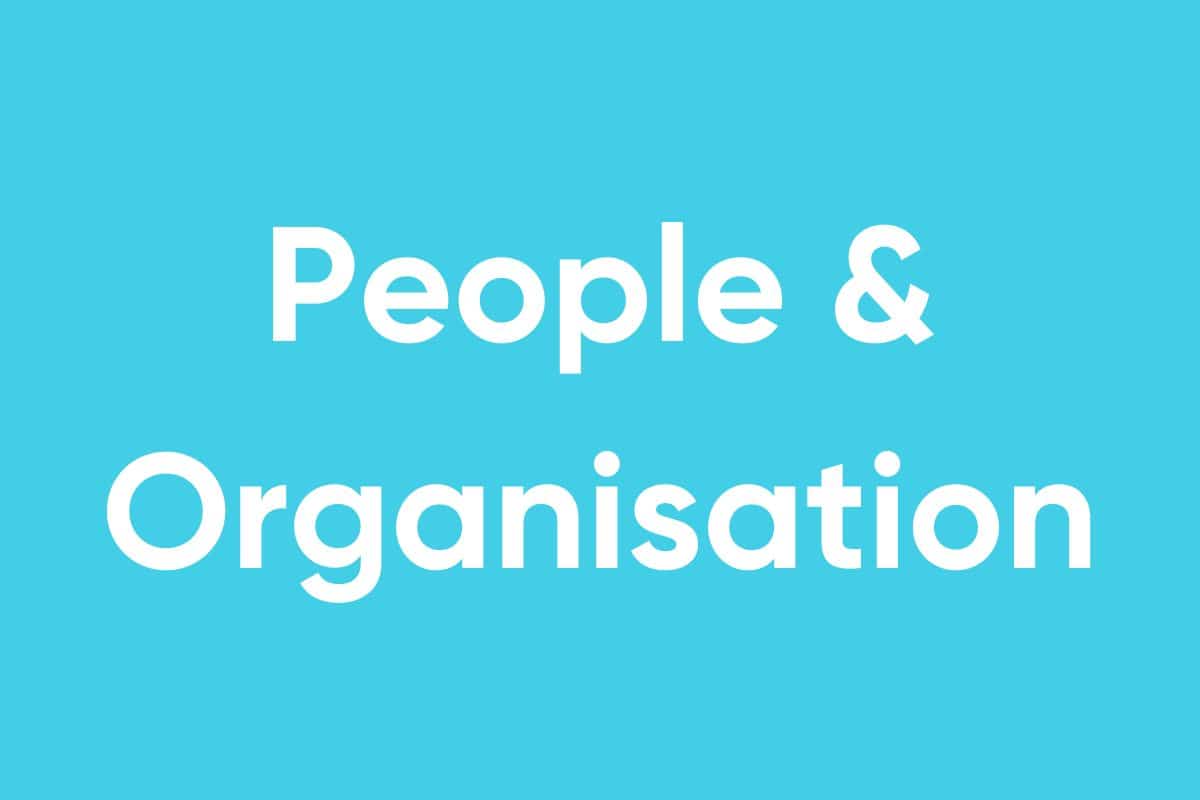In recent years, acquisitions have become increasingly popular as an additional growth driver in the German digital scene. It’s essential to distinguish between whether a fully-fledged company or merely a project with minimal organizational structure is being acquired. There is a substantial amount of literature available for the former scenario. Experience reports regarding the acquisition of projects or small businesses are relatively rare.
At FLEX Capital, growth through acquisitions is typically a lever that we closely examine. We do not specify a minimum size when selecting targets explicitly. High-traffic blogs to expand the marketing mix, niche software components operated by a single developer, passion projects with no prior revenue generation, or projects originating from the owners’ college days and now run as small “cash cows” are all considered for acquisition.
As an entrepreneur, I have previously tested this strategy extensively. With Absolventa, we acquired praktikum.info, azubi.de, and the (albeit somewhat larger) company Trendence. We were allowed to acquire Monteurzimmer.de from a former intern, which we later expanded into a group by acquiring Pension.de. We acquired the majority stake in Labelfinder.com from two retirees.
In the process, we have repeatedly experienced very similar situations, which I would like to share here.
Addressing small businesses
We have regularly observed that the owners of smaller projects make it very difficult for potential interested parties to contact them by hiding their contact details as much as possible because they want to avoid getting support requests from users.
Accordingly, some creativity and persistence is called for: Xing, LinkedIn, a personal letter to the imprint address, etc. Often we have only been able to actually talk to the owner on the third or fourth attempt.
When you have the owner on the phone, things can sometimes get quite peculiar: “Just tell me a fixed purchase price for my platform. Otherwise, there’s no need to continue this conversation. I won’t provide you with any financial figures for now. Anyone could claim anything. Maybe you just want to spy on me!” I’ve experienced something along these lines more than once. Without deeper information about the asset, it’s not possible to provide a serious purchase price. However, if you say that, the conversation often comes to an immediate end.
The first offer
Therefore, we usually formulated an offer via email that included a series of assumptions: “I estimate that you have X visitors on the site and approximately X customers. According to the price list, I can imagine an revenue of X. Consequently, the revenue is probably roughly between X and X. If you’re operating with a margin of approximately X, you’re left with a pre-tax profit of X. If these are roughly the parameters of your business, we’re willing to pay a price of approximately EUR X million for it.”
My recommendation is to initially set the estimated values for the target company’s parameters and the proposed purchase price slightly higher than you actually suspect. This shows the seller that you have the financial means to pay a good price – the parameters just need to be right. If the company’s financials turn out to be weaker, the value will naturally adjust downward during the negotiations. In any case, you’ve cleared the first hurdle, and the fish might already be on the hook.
Market prices for small businesses
For small and micro-enterprises, there is essentially no liquid market. Therefore, a market price cannot be reasonably determined. Factors like EBITDA for valuation are not very helpful: a small software project with EUR 200,000 in revenue and EUR 150,000 in EBITDA, where the two founders work around the clock without taking a salary, is certainly not worth 8 to 12 times EBITDA. EBITDA is simply not a logical valuation measure in this case.
In the end, this discussion rarely matters for sellers of such companies. They often have a number in mind that they want to receive from the sale. For smaller projects, the most common answer I’ve heard is, “I want to earn at least EUR 1 million for myself personally – after taxes, of course!”
As a buyer, you often have to think about the synergy case to determine if the price mentioned is justified on that basis.
Data situation and due diligence
In nearly all the acquisitions I was involved in, the data situation was catastrophic, and a thorough due diligence was not possible. Furthermore, small business owners are not used to receiving long lists of questions and therefore show very little understanding.
If the buyer wants to conduct a due diligence like it’s common in larger deals, based on my experience, it’s a sure way to kill a deal with the owner of a small business. The same goes, by the way, for an extensive warranty regime in the purchase agreement.
Financial statements from the last 3 years, the current income statement and balance sheet, access to Google Analytics, and an analysis of customer development are usually sufficient to assess whether a deal is viable and at what price.
At the same time, all of this leads to institutional investors being ruled out as potential buyers for these targets. A proper due diligence is an absolute requirement for institutional investors when making an investment. For buyers who can handle this situation, it is an advantage because there is simply less competition for these assets.
Negotiation process with small business
Due to the low attractiveness of deals for M&A advisors, there are usually no advisors who structure a predictable sales process for small assets. The lawyers hired by small business owners are often not specialized in M&A. The same goes for accountants, who rarely deal with company sales. In summary, as a buyer, you have few counterparts to help you moderate the conversations with the sellers effectively. Sales processes are therefore often chaotic, prolonged, and characterized by a certain level of irrationality.
Conclusion
The time and effort required for a €2 million deal are (almost) as significant as for a €20 million deal. I can only confirm this common M&A wisdom. I have personally only pursued small and micro deals in two situations: first, to build a track record with relatively small capital, which would enable me to attract external investment from institutional investors later on. Second, when the synergy case with an existing asset is so significant that it justifies the substantial effort.
From my perspective, a good CEO in the digital economy must constantly keep this topic in mind and cannot afford to completely disregard acquisitions and rely solely on organic growth.












